 Bolton Hill‘s Sav-a-Lot grocery has a new owner, a new paint job and signage and, if you believe its new manager, a determination to better serve the neighborhood with fresher produce and meats and an expanded range of national and local brands.
Bolton Hill‘s Sav-a-Lot grocery has a new owner, a new paint job and signage and, if you believe its new manager, a determination to better serve the neighborhood with fresher produce and meats and an expanded range of national and local brands.
“We’re all about FFFC,” said Harold Black, 44, who began as general manager of the store a few weeks ago. “That’s full service, fresh, friendly and clean, which is how we are describing our store and our products going forward.” The neighborhood store has been spruced up inside and out, with more improvements to come, he said. It seems noticeably cleaner and better lighted.
Along with 10 other Sav-a-Lot locations in the Baltimore and D.C. area, the store in the strip mall at 250 McMechen St. is now wholly owned and operated by a family-owned company in the D.C. area with a history of operating gas stations and convenience stores. The Sav-a-Lot acquisitions are their first grocery venture. Without abandoning the low-income clientele that has been a primary market, the owners hope to reach more affluent customers, Black said.
Based in suburban St. Louis, the Sav-a-Lot chain has since 2020 spun off about 300 corporate-run stores to independent franchisees, according to Supermarket News. The company remains the primary supplier to nearly 1,000 SaL stores in 32 states through 13 distribution centers. It has a warehouse, in Williamsburg, MD, that supplies area stores. Save-a-Lot retained ownership of 18 stores in Missouri as a test market for new innovations and programs.
Sav-a-Lots offer mostly proprietary brands, although local stores now can and do deviate in what they offer. The McMechen Street store, for example, cuts and wraps its own beef and pork in store and some other outlets offer in-store bakeries. Bolton Hill Sav-a-Lot carries a decent range of national brands, from Cheerios and Post and Kellogg cereals to Utz and Lays chips, Scott and Angel Soft paper products, Dannon yoghurts and Pepsi products (but not Coke).
On a recent October afternoon, the produce section had fresh, well-priced mushrooms, shucked and wrapped fresh corn, peppers, asparagus, onions bagged and loose, Del Monte-branded Mexican avocados for 79-cents apiece and good-looking bananas for less than they cost at other supermarkets.
Black, the manager, is a West Baltimore native who lives with his wife and two boys in Frederick. He attended Baltimore City Community College for a bit but has been in retail since the age of 16, the last 20 years in the grocery business. He previously managed a corporate-owned Save-a Lot on Howard Street. “I discovered during a recession that retail shrinks in bad times. But the grocery business is pretty recession-proof,” he said. “People keep eating.”
Sav-a-Lot stores try to profit from operating smaller stores – about 15,000 square feet — than the big box supermarkets. That enables easy, quick shopping, the company says. Private brands, displayed in shipping boxes, offer a greater profit margin, and by limiting choices the stores can offer a wide range of products that move quickly with little waste or surplus. Sav-a-Lot was founded in 1977. Since 2016 the company has been wholly owned by a Canada-based hedge fund, Onex Corporation, that trades on the Toronto stock exchange and claims $48 billion in assets.
At the Bolton Hill store, Black has a meat and produce manager and a total staff of about 20 clerks and stockers, mostly part-time employees drawn, he says, from nearby. They begin at minimum wage. SaL stores historically have attuned themselves to the needs and restrictions of SNAP (food stamp) customers, but he is hoping to appeal to “cash-paying customers” who are less price-sensitive and respond to quality. He said the strip mall that houses Sav-a-Lot, owned by the St. Louis parent company, is for sale, confirming a rumor that the Bulletin published in June. He said he was unaware of any prospective tenants for the empty spaces between the grocery and Walgreens.
Being a grocery store manager is no executive picnic. Touring the store over 40 minutes, I saw Black sitting on the floor assembling and stocking a cabinet, sweeping up broken glass and backing up an unarmed female security guard who stopped an angry shoplifter from leaving the store. Shoplifting, he says, is a continuing problem.
There are two other Sav-a-Lot stores in nearby West Baltimore. When Gov. Larry Hogan blocked the long-planned State Center re-development seven years ago, he crushed the dream held by many that a major supermarket might locate in that renovated office and retail center. The developers of Madison Park North, the residential and retail development that broke ground in August on North Avenue, at the northern border of Bolton Hill, say they hope to include a mid-sized grocery, but probably not before the end of the decade.
– Bill Hamilton
